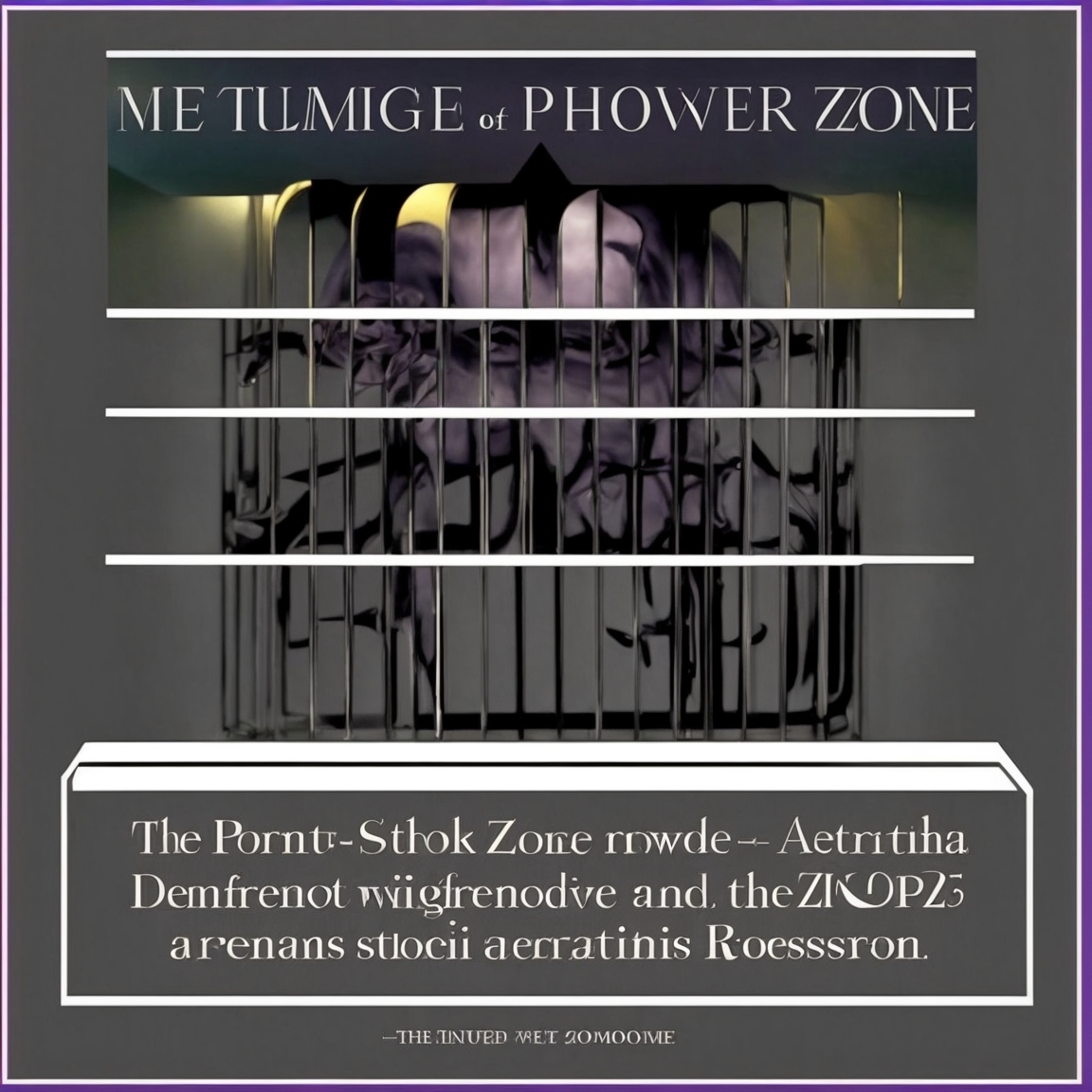The Fourth Estate: Navigating Truth and Power
The Disruptive Force of the Fourth Estate
In an era of information overload and rapid change, the role of the Fourth Estate has never been more crucial. The term, referring to the press and media, signifies their power as a quasi-fourth branch of government, holding those in power accountable and acting as a watchdog for the public.
Demystifying the Central Bank’s Mysteries
Central banks, often considered mysterious and impenetrable, find themselves in the spotlight as the Fourth Estate scrutinizes their every move. Their decisions on interest rates and economic policies impact millions, and the media plays a pivotal role in deciphering these choices for the public.
Transparency and the Public’s Right to Know
The media acts as a conduit, translating complex financial jargon into digestible information for the average citizen. This transparency fosters a more informed society, enabling people to understand the implications of central bank actions on their daily lives, from mortgage rates to employment prospects.
Holding the Powerful to Account
The Fourth Estate’s disruptive nature is most potent when challenging powerful institutions and individuals. It sheds light on corruption, abuse of power, and instances where the interests of the few override those of the many. By doing so, it empowers citizens to demand better governance and hold their leaders accountable.
The Gendarmerie Under Scrutiny
Take, for example, the recent media exposure of a gendarmerie unit’s misconduct. Through investigative journalism, the Fourth Estate uncovered evidence of excessive force, racial profiling, and a culture of impunity within the specialized law enforcement agency. This exposure sparked public outrage and led to much-needed reforms to protect citizens‘ rights.
Exposing High-Profile Scandals
The business community is not exempt from this scrutiny. High-profile scandals, such as the recent revelations of corporate tax avoidance schemes, have been brought to light by tenacious journalists. This exposure not only damages reputations but also prompts regulatory changes and a reevaluation of ethical standards.
The Fine Line Between Disruption and Responsibility
While the disruptive nature of the Fourth Estate is essential for a healthy democracy, it must be balanced with responsibility. Sensationalism, bias, and a disregard for facts can erode trust and mislead the public.
The Challenge of Fake News
The proliferation of fake news and misinformation campaigns poses a significant threat. It undermines the very foundation of an informed society and can be wielded as a weapon to manipulate public opinion. The Fourth Estate must continually strive for accuracy, ethical reporting, and a commitment to separating fact from fiction.
The Power of Knowledge
Ultimately, knowledge is the greatest tool in navigating the complex landscape of truth and power. The Fourth Estate, when utilized responsibly, empowers citizens with the knowledge to make informed decisions, engage in meaningful discourse, and hold their leaders to the highest standards of integrity.













































